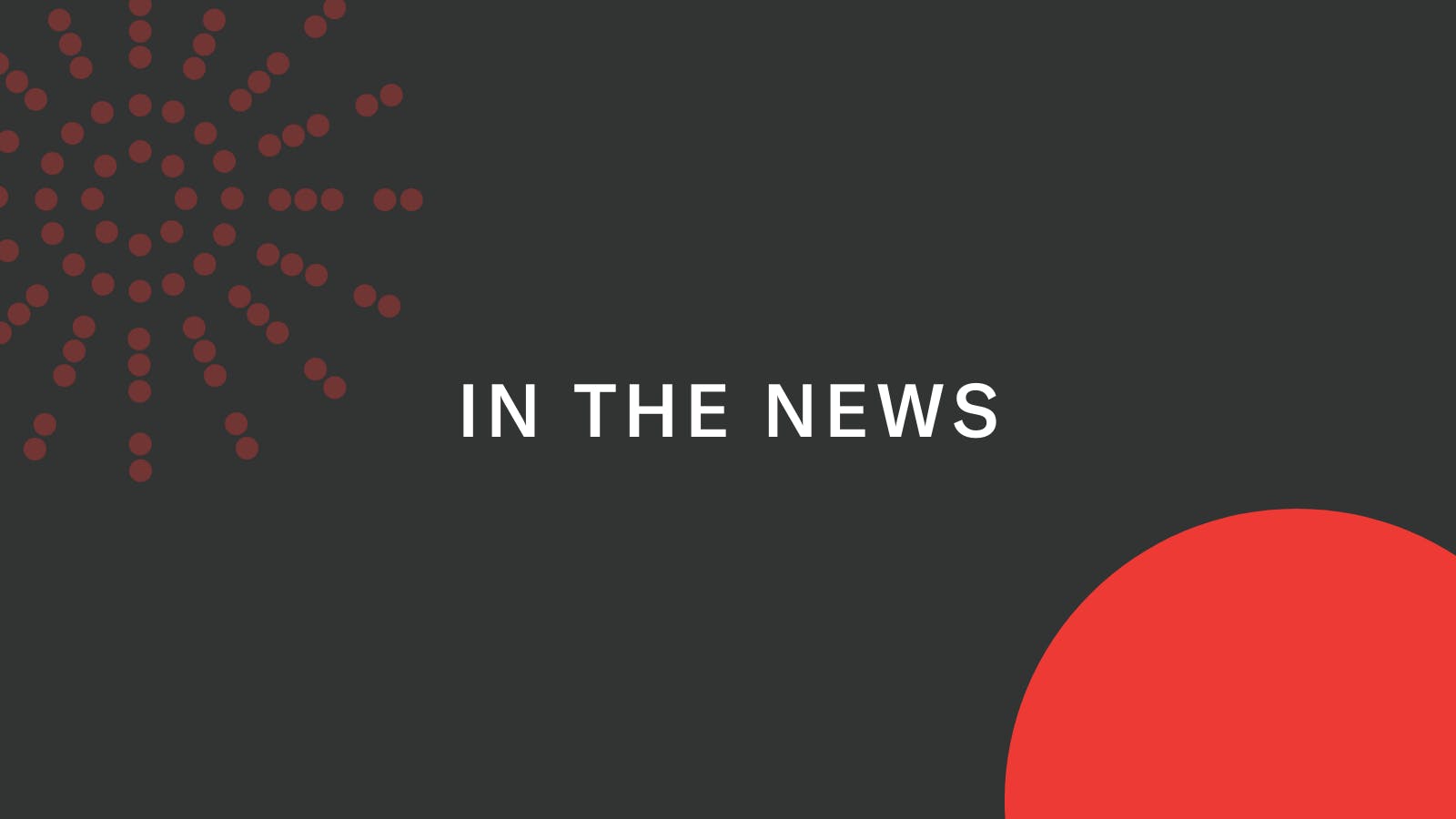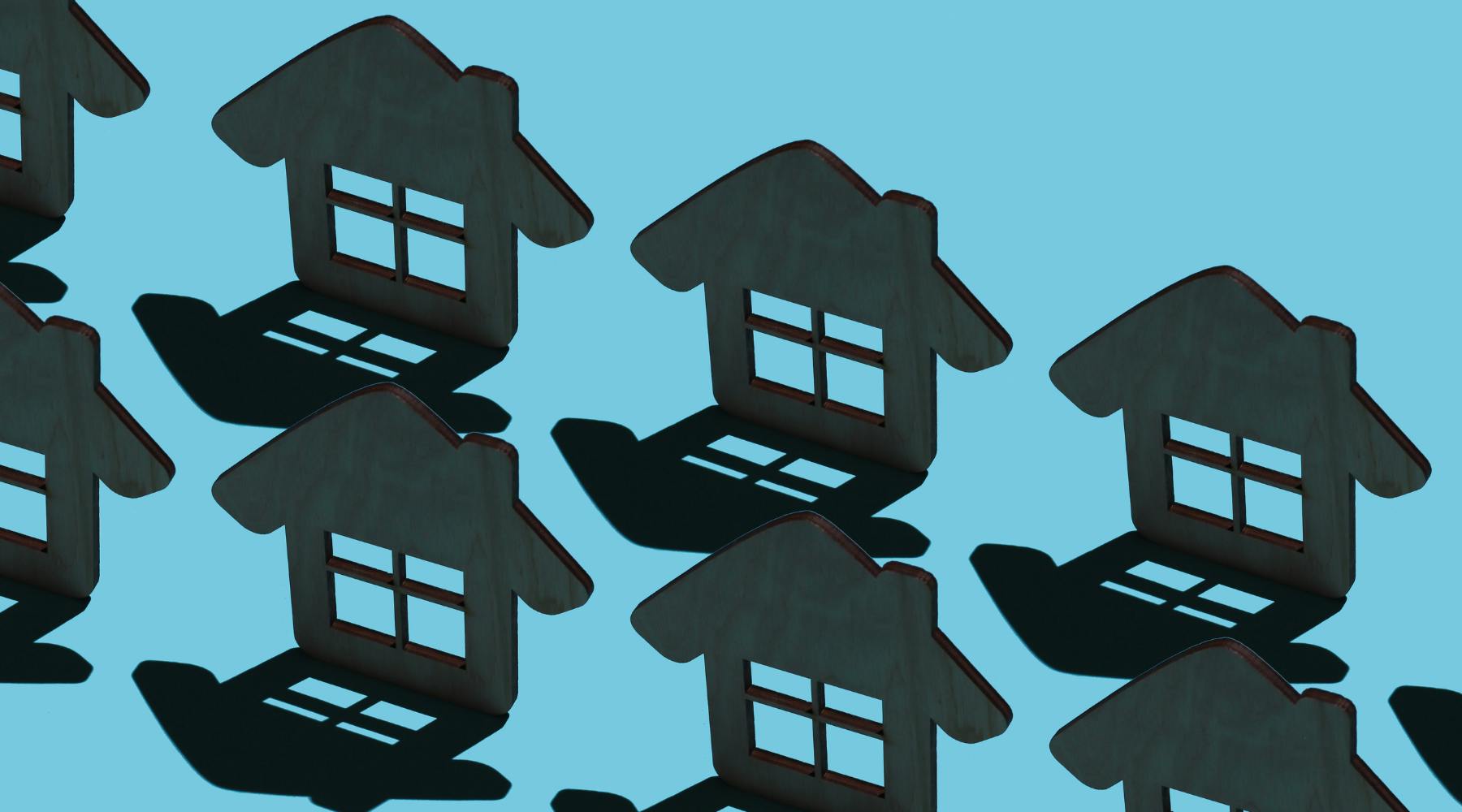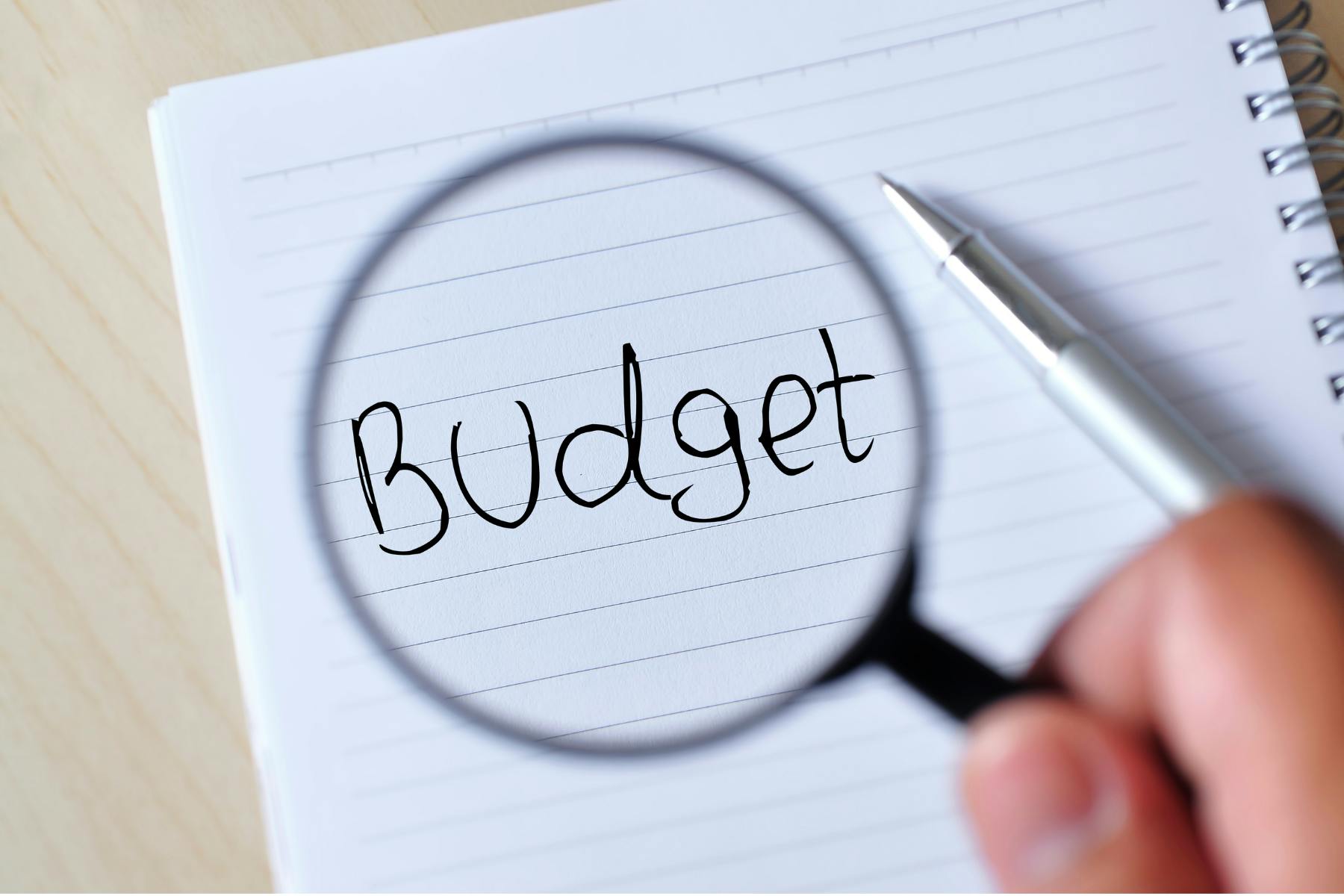As more Calgarians become aware of Enough for All, Calgary’s poverty reduction strategy, they often ask, “What can I do to help reduce poverty in Calgary?” It is a natural response. In our polling, we have learned that 40 per cent of our fellow Calgarians have had direct experience with poverty at some time in their lives. They have a heartfelt appreciation for the consequences of living in chronic scarcity. They understand the impact of the daily struggle to meet basic needs, such as buying groceries, paying their rent, and buying a transit pass. Moreover, there is the sense of deepening vulnerability and loss of self-esteem, as the individual reaches out to family or community services such as the food bank to survive another day.
We are thankful to the many Calgarians who generously support poverty reduction efforts by volunteering at service organizations in the community, including those who stock shelves at the foodbank, make sandwiches for school lunches or answer the phones at the Distress Centre. We are also grateful to those who donate dollars to the United Way, the Calgary Foundation, faith communities and the hundreds of charities across our city. All of these are part of our community safety net.
I don’t want to diminish the important or efficacy of this community compassion and generosity. It provides meaningful support. However, if we want to achieve a transformation over time, here are seven actions you can do to help reduce poverty in our city:
- Sign up for VCC’s weekly e-newsletter. It will keep you informed of the activities and resources in our city and ways that you may become engaged.
- Shop as an informed consumer. As a consumer think before you shop. Patronize establishments that are trying to do business differently. These firms are striving to pay a living wage, procure locally and look after the environment. The 150 members of the Respect for the Earth and All People (REAP) are operating with these goals. These business practices help to reduce poverty and enhance the quality of life of your community – and, more often than not, you don’t need to compromise on price.
- Tax filing is a poverty reduction activity. The working poor and Calgarians on a fixed income can immediately access up to 41 benefits available to them. The Enough for All Financial Empowerment Collaborative coordinates free tax clinics. In 2017, 8000 tax filings were completed, resulting in more than $3 million in refunds. In addition, many of these tax filers immediately receive such benefits as the carbon tax rebate and, in the case of families with children, the Alberta Child Benefit. Calgarians living in chronic scarcity face many barriers and tax filing is a low priority activity. You can help get the message out to the people in your circle of influence; you can assist a family by making an appointment at a tax clinic; and you can volunteer at a tax clinic.
- Increase your financial literacy. None of us know what is around the corner. Life happens. We could lose our job; a car accident could dramatically reduce our income and we could join the ranks of our fellow Calgarians who are living in chronic scarcity and experience the accompanying trauma. Financial literacy is a crucial first step to prevent this. There are many programs, some of which are free.
- Deepening our understanding of the science of our brains: Our brain is the control centre of everything we do. If we better are able to understand how it works, and how poverty can impact it, we will be better able to change the systems to enhance the resilience of all Calgarians. The Palix Foundation has developed a free on-line 30-hour course on brain science. The increased knowledge will inform new behaviours in all that you do.
- Read the Truth and Reconciliation Report: Our Indigenous neighbours are over-represented among Calgarians living in poverty. We need to understand the underlying causes. The report is a beginning step in understanding the intergenerational trauma of residential schools. It also helps to understand the impact of racism and colonialism. Reconciliation begins with acknowledging and accepting the truth of what happened in our country and in our city.
Each of us has the power to undertake a single one of these tasks. We don’t need anyone’s permission. It is in our power to do so. We encourage you to post it on Twitter using the hashtag #Enoughforall and tag @vibrantcalgary, follow our Facebook page and tag us in your post. Each of us has the personal power to advance poverty reduction. Start today.


